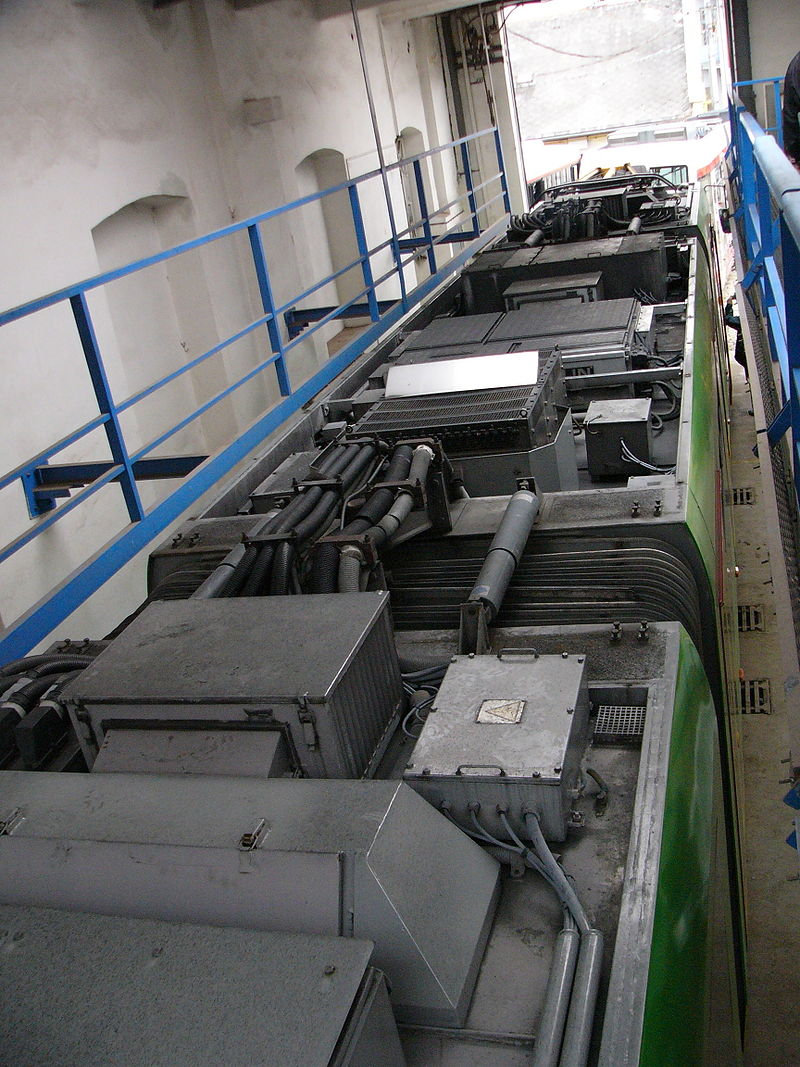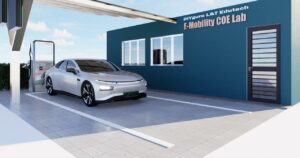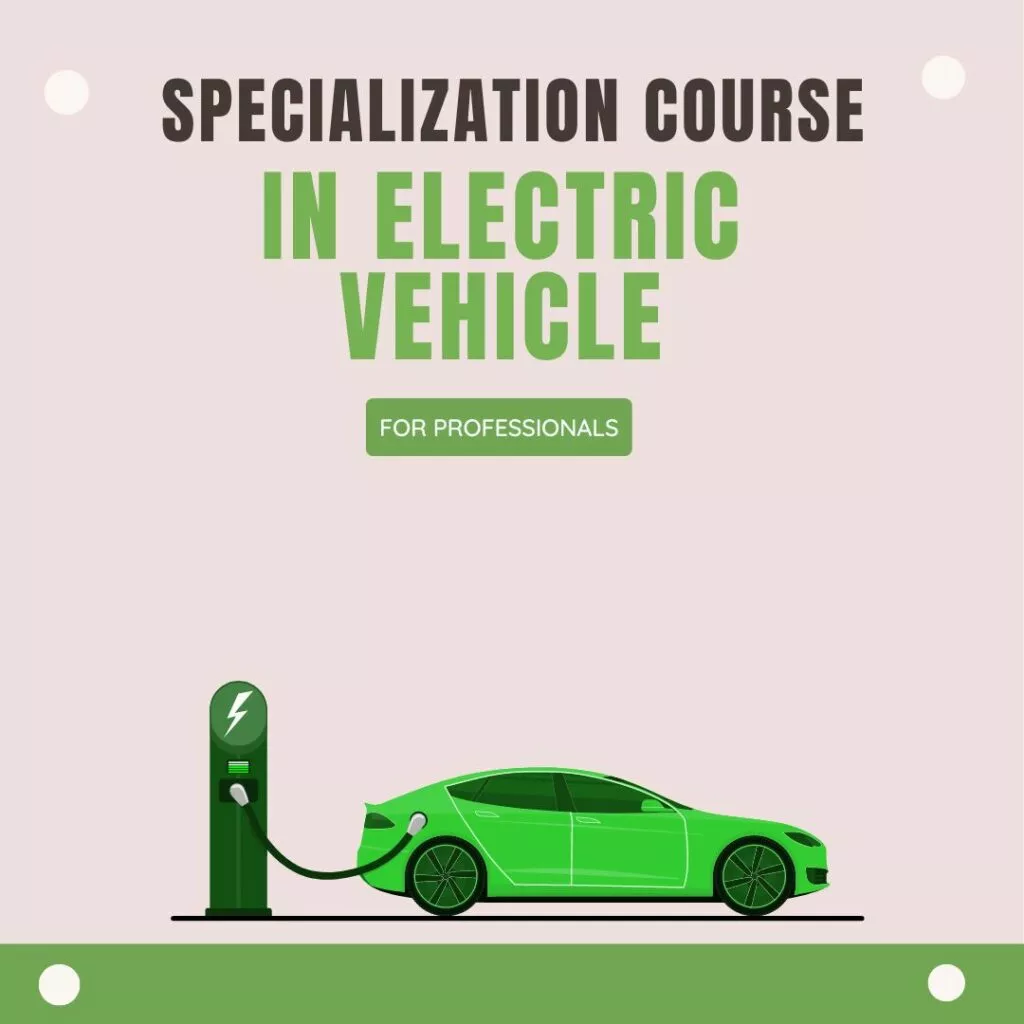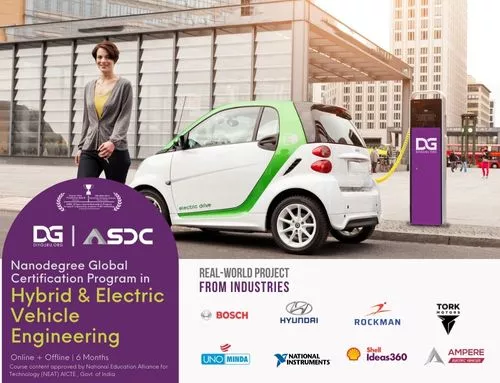Introduction:
Regenerative braking is a technology used in electric and hybrid vehicles that allows the vehicle to recover some of the energy lost during braking and use it to recharge the battery. This technology not only improves the vehicle’s energy efficiency but also reduces wear on the brakes. In this blog post, we will explore what regenerative braking is, how it works, and its benefits.
What is Regenerative Braking?

Regenerative braking is a technology that allows an electric or hybrid vehicle to recover some of the energy lost during braking and use it to recharge the battery. In traditional braking systems, the kinetic energy of the vehicle is converted to heat and dissipated into the environment, resulting in energy loss. Regenerative braking uses an electric motor to slow down the vehicle and convert its kinetic energy into electrical energy, which is then stored in the battery.
How Does Regenerative Braking Work?

Regenerative braking works by using an electric motor as a generator when the vehicle is decelerating or braking. When the driver steps on the brake pedal, the electric motor turns into a generator, converting the vehicle’s kinetic energy into electrical energy. The electrical energy is then sent back to the battery, where it can be stored and used to power the vehicle. The amount of energy recovered depends on the vehicle’s speed, the amount of braking force applied, and the capacity of the battery.
Benefits of Regenerative Braking:
Regenerative braking has several benefits, including:
- Improved energy efficiency: Regenerative braking allows the vehicle to recover some of the energy lost during braking, reducing the amount of energy needed to recharge the battery.
- Reduced wear on brakes: Regenerative braking reduces the amount of wear on the vehicle’s braking system, as the electric motor is used to slow down the vehicle instead of the brakes.
- Extended range: By recovering some of the energy lost during braking, regenerative braking can extend the vehicle’s range and reduce the need for frequent recharging.
- Reduced emissions: Regenerative braking reduces the amount of energy needed to recharge the battery, which can reduce the vehicle’s overall carbon footprint.
Conclusion:

In conclusion, regenerative braking is a technology that allows electric and hybrid vehicles to recover some of the energy lost during braking and use it to recharge the battery. This technology not only improves the vehicle’s energy efficiency but also reduces wear on the brakes and can extend the vehicle’s range. By understanding what regenerative braking is and how it works, we can appreciate the benefits it provides and its role in making electric and hybrid vehicles more sustainable.
FAQs:
Q1. What is regenerative braking?
Ans. Regenerative braking is a technology that allows an electric or hybrid vehicle to recover some of the energy lost during braking and use it to recharge the battery.
Q2. How does regenerative braking work?
Ans. Regenerative braking works by using an electric motor as a generator when the vehicle is decelerating or braking, converting the vehicle’s kinetic energy into electrical energy that can be stored in the battery.
Q3. What types of vehicles use regenerative braking?
Ans. Regenerative braking is used in electric and hybrid vehicles.
Q4. What are the benefits of regenerative braking?
Ans. The benefits of regenerative braking include improved energy efficiency, reduced wear on brakes, extended range, and reduced emissions.
Q5. How much energy can be recovered through regenerative braking?
Ans. The amount of energy recovered through regenerative braking depends on the vehicle’s speed, the amount of braking force applied, and the capacity of the battery.
Q6. Can regenerative braking be turned off?
Ans. Regenerative braking can be turned off in some vehicles, but doing so will result in a reduction in energy efficiency and a shorter range.
Q7. Does regenerative braking work at all speeds?
Ans. Regenerative braking is most effective at lower speeds, but it can still recover some energy at higher speeds.
Q8. Does regenerative braking work in reverse?
Ans. Regenerative braking can work in reverse, but the amount of energy recovered is typically lower than during forward braking.
Q9. Is regenerative braking safe?
Ans. Regenerative braking is safe and has been extensively tested in electric and hybrid vehicles.
Q10. How does regenerative braking affect the driving experience?
Ans. Regenerative braking can affect the feel of the brakes, as the electric motor is used to slow down the vehicle instead of the brakes. However, most drivers quickly adapt to the change and appreciate the benefits of regenerative braking.























